The GM soy-based agro-export model as currently configured in Argentina is socially and ecologically unsustainable, according to a new peer-reviewed study.
The Paper: http://www.sciencedirect.com/
Modifying Argentina: GM soy and socio-environmental change
Author: Amalia Leguizamón
Highlights
*This paper examines Argentina’s agro-export strategy for socio-economic development.
*Strategy is based on the adoption and expansion of genetically modified soy.
*GM soy-based agro-export model has been a “success” in terms of economic growth.
*There is a conflict between “success” and socio-ecological sustainability.
*It is a socially and ecologically unsustainable model of national development.
Abstract
This paper examines Argentina’s agro-export strategy for socioeconomic development based on the adoption and expansion of genetically modified (GM) soy. The modelo sojero a model based on large scale mechanized production of GM soy, is widely praised at home and abroad and used as an example of “success” for other poor countries on the brink of adopting GM biotechnologies for socio-economic development. In this work I interrogate and contextualize this dominant representation of the success associated with Argentina’s soy boom. Indeed, in terms of economic growth Argentina’s transition to GM soy has been a success. However the GM-induced soybean boom is illusory when other factors are taken into consideration, most importantly its impact on socioenvironmental dynamics. Thus, I argue that there is a fundamental conflict between the narrative of “success” of the Argentinean GM soy boom and socio-ecological sustainability. After an introduction, section two looks at the historical context of GM soy adoption in Argentina and shows the trend of expansion of production since the adoption of the new GM biotechnology. Section three explores the socio-environmental impact of the GM soy-based agrarian transformation in Argentina. Section four looks at the current context of the Argentinean soybean boom. Thus, it focuses on Argentina’s current domestic political economy, particularly the Kirchners’ National-Popular model. I argue that the GM soy-based agro-export model as currently configured in Argentina is a socially and ecologically unsustainable model of national development.





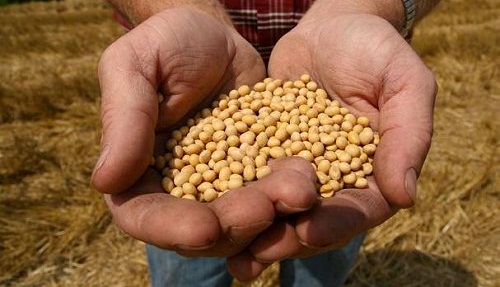













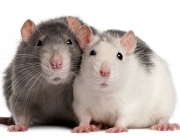






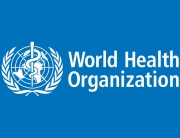

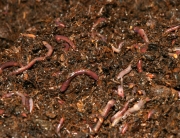



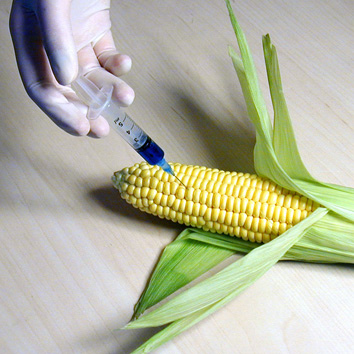




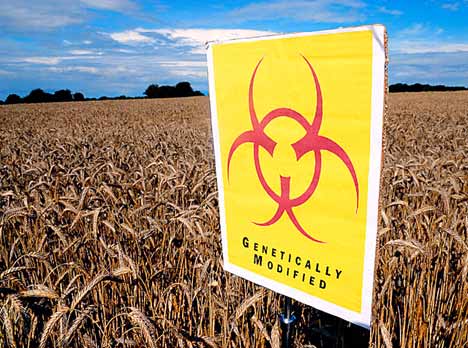
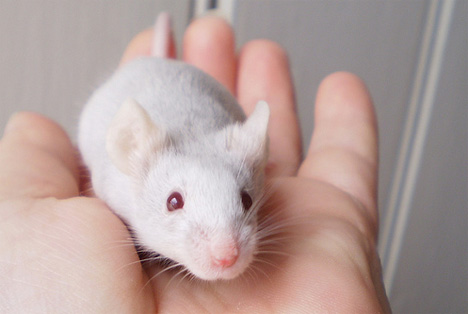

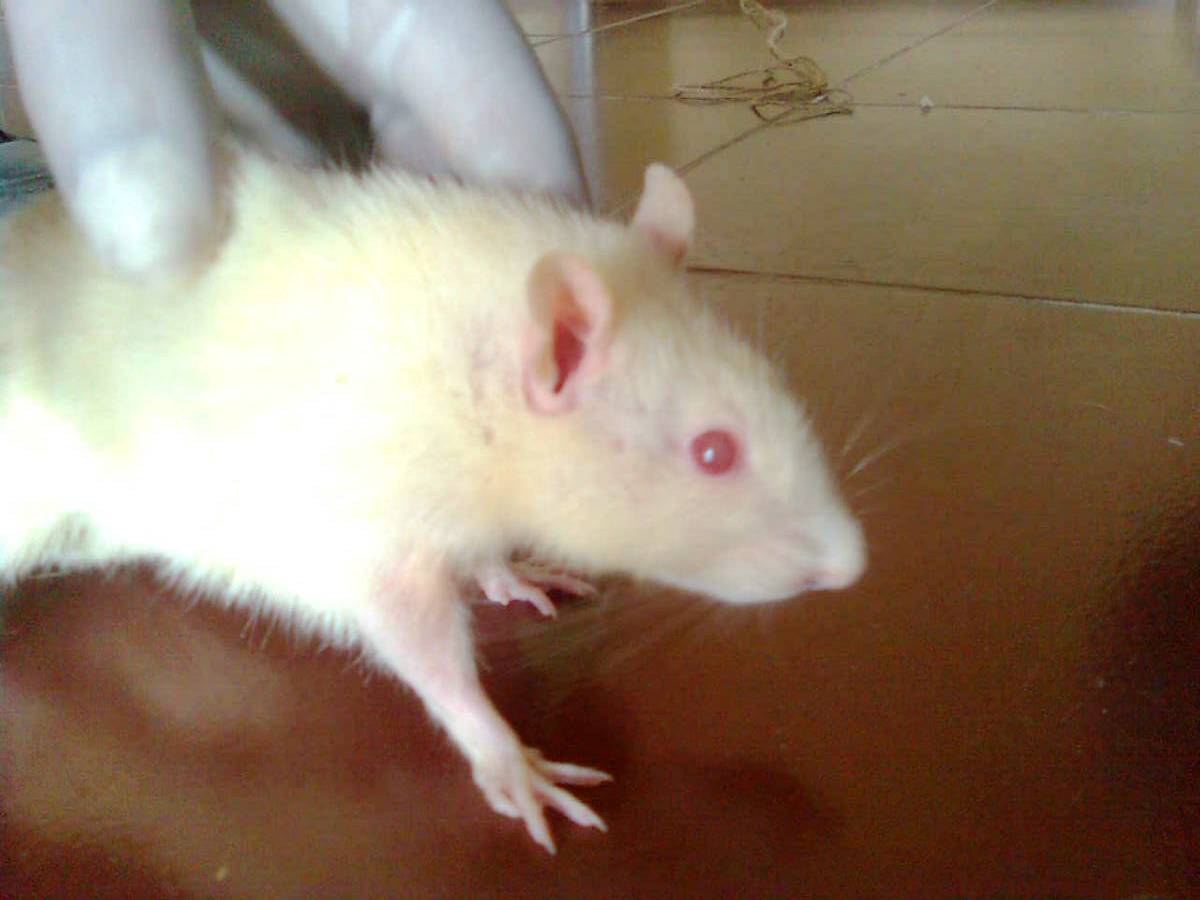

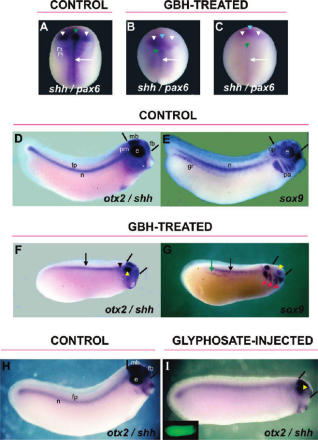
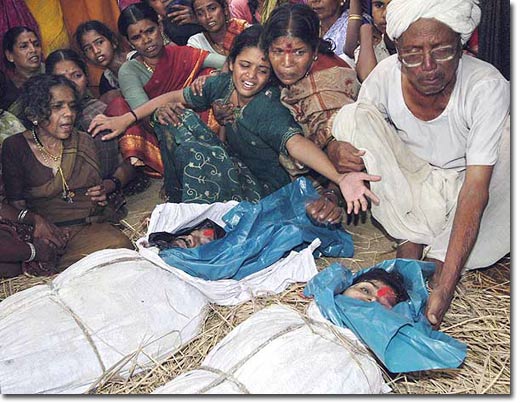


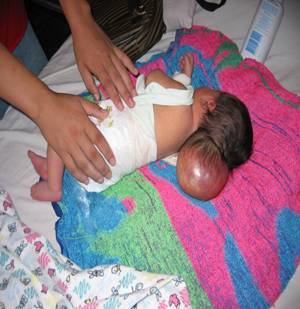
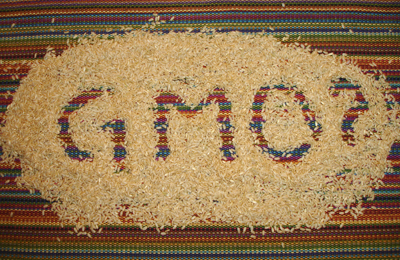
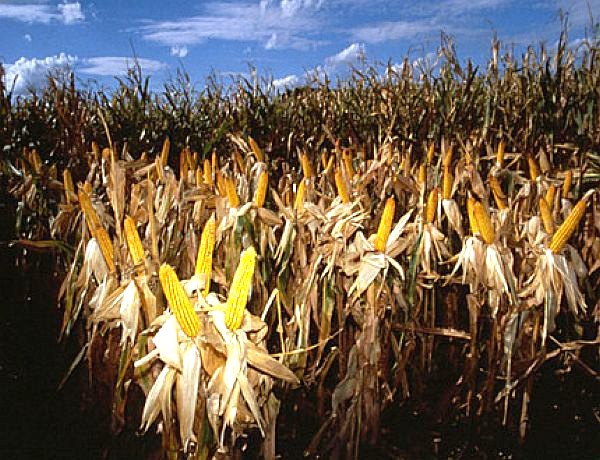
This paper elucidate socioeconomic effects of large scale agricultural strategies. Would you expect similar effects by a wide usage of non-GM-crops?